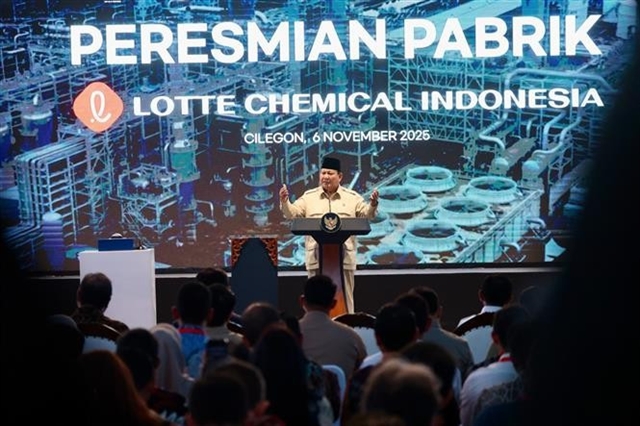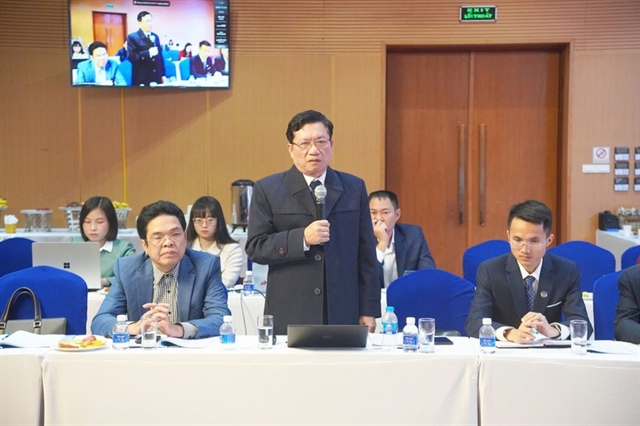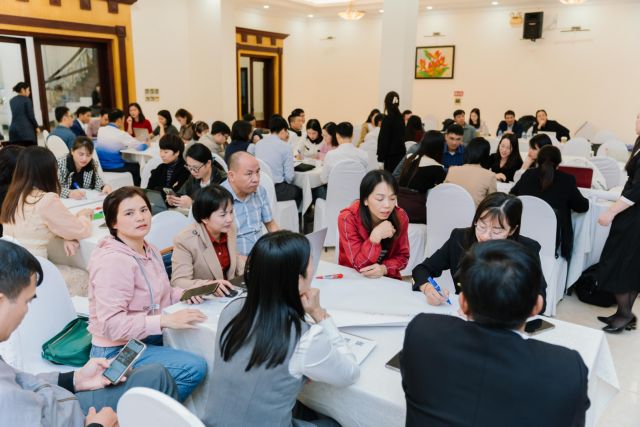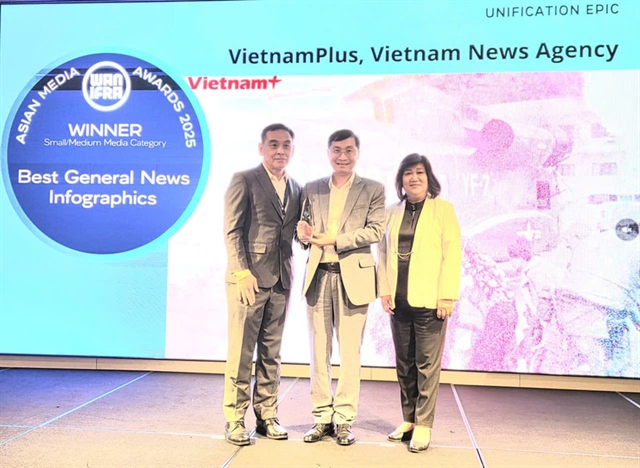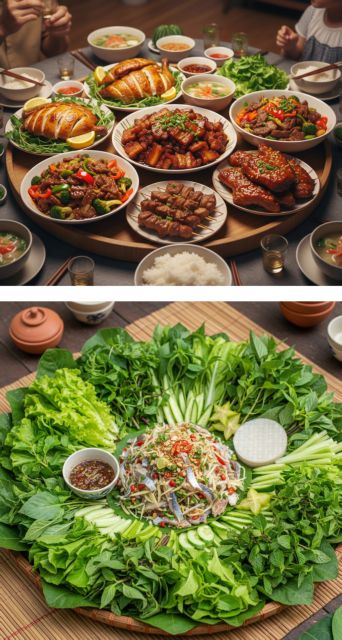 Talk Around Town
Talk Around Town
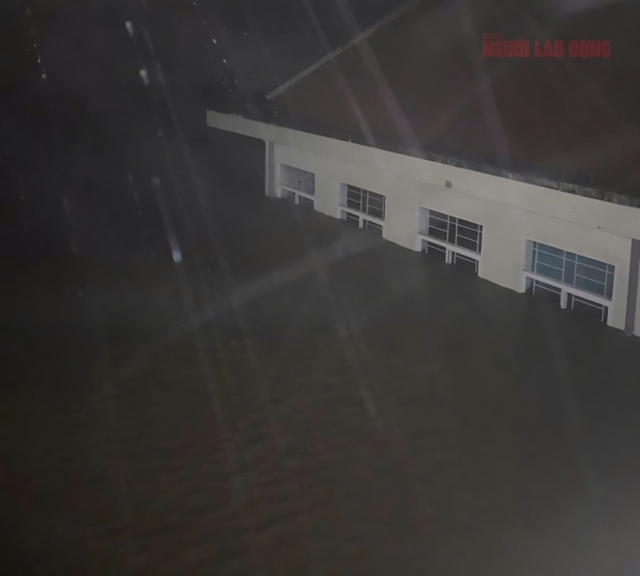
The Korean drama series Descendants of the Sun has recently fallen into controversy after a Vietnamese TV channel announced it would broadcast it.
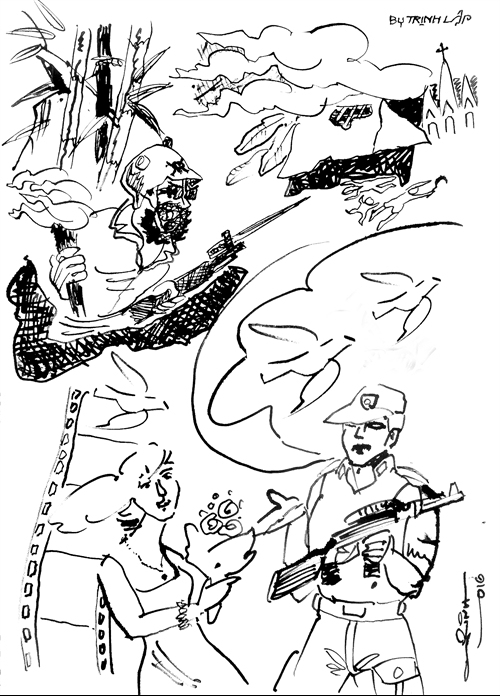 |
| Minh hoa Talk Sunday New |
by Bảo Hoa
As the Korean wave continues to spread across Asia, its latest drama series Descendants of the Sun (Hậu duệ mặt trời) has gained popularity among young people in several Asian countries. The drama has recently fallen into controversy after a Vietnamese TV channel announced it would broadcast it.
Descendants of the Sun tells the story of the love between Yoo Shi Jin (played by Song Joong Ki), leader of a UN peacekeeping force, and Kang Mo Yeon (played by Song Hye Kyo), a surgeon volunteering for an NGO as they work together in the war-torn country of Uruk.
Since its first episode aired in South Korea by the end of February, the series has been praised by millennials for its charming actors, attractive storyline and drop-dead gorgeous romance scenes.
Thailand’s Prime Minister Prayut Chan-o-cha has been quoted by several newspapers as complimenting Descendants of the Sun on its spirit of patriotism and virtue for one’s country, and encouraging Thai people to watch it.
Thirty-three countries have bought the movie’s copyright from its original broadcaster KBS and will soon broadcast it - including Hồ Chí Minh City’s channel HTV2.
However, some don’t think the drama should be shown in Việt Nam.
Trần Quang Thi, a journalist, objected to the show, citing all the pain and losses South Korean soldiers caused to the Vietnamese people in south-central Vietnamese provinces during the American War.
“If one Korean soldier was killed, the others would shoot the entire village where they thought the soldier was killed,” he wrote on his personal Facebook account. “Mass shootings and bombings, rapes, splitting children into two... the darkest part of the war made its presence known in every place South Korean soldiers set foot on.”
He said he was not forbidding people to watch the series. “But if one day a series that promotes the image of the South Korean army appears on our city television, I will have only one word: shame!” he wrote.
His post was shared nearly 90,000 times and received a lot of praise. A comment by Facebook user Lăng My read: “When I was little - and that was before 1975 - stories about South Korean soldiers always freaked me out."
“I know we should leave the past behind and head toward the future, but it doesn’t mean we should deny or refuse to acknowledge what happened," he said.
In the context of the drama being widespread amongst Vietnamese youth, many people from the older generation said youth should be aware of the South Korean army’s crimes while watching it.
However, many who watched the drama online said it had nothing to do with the Việt Nam War.
“The Korean soldiers in it belong to the UN peacekeeping force,” said Trần Thu Hiền, 23, of Hà Nội. “To criticise their image would be to overcomplicate the issue, because it is just a trend that will soon fade.”
Thủy Tú, a 24-year-old advertising agent in HCM City, said the series helped her understand the qualities of a good citizen, as well as love and responsibility for one’s community, one’s self and one’s profession.
“Watching it makes me yearn to devote my skills and knowledge to serve the community,” she said. “I admire the filmmakers and actors, for they have been able to turn the difficult subjects of patriotism and social responsibility into something inspiring for the youth.”
A large number of young people watched the drama just because of its attractive actors and storyline, and wouldn’t have thought of the historical aspects, said Võ Phạm Quế My, 24, of HCM City.
"Even if we do judge the drama from a political perspective, I don’t think we should be too critical," she said. "The war is over."
Answering interview questions from Việt Nam News, the director of HTV2 said, “We received ten of thousands of comments on social media every day from viewers. Reading them, we see a positive sign that young people have realised Descendants of the Sun’s key message, which is the desire of the new generation to lead a meaningful life. They are doing their best to develop a lifestyle of selfless devotion to their community and loved ones.”
He said the drama had broken records in viewership ratings in South Korea and received more than 2 billion views in Asia - reasons that HTV2 decided to bring it to Việt Nam.
The series is expected to officially premiere on HTV2 by the end of April, he said.
As a communications major who has taken media analysis courses, I think there’s a lot to take into consideration when it comes to analysing a media product.
When the movie Fifty Shades of Grey (50 Sắc Thái) first came out in Việt Nam’s theatres, the idea of a movie laden with violent sex scenes being widely promoted in my country bugged me.
The feminist texts I read in college came back to me, and I wondered if young people who have never heard of the concepts of "rape culture" and "consent" would be able to tell the differences between consensual violent sex (BDSM) – the movie’s main theme – and rape.
As a result, I became averse to the fact that thousands of young adults rushed to cinemas to watch the movie before equipping themselves with a certain understanding about the subject they were about to get exposed to.
As for Descendants of the Sun, I understand Thi’s position, knowing more about a media production than what appears on the screen, as well as the urge to share such knowledge with the community.
However, having taken a look at the drama myself, on the one hand, I agree with the millennials that it is not related to the American War. I also agree that what’s past is past, and the wounds of the past should be left to heal instead of slashed open again by the next generation.
On the other hand, as English writer Aldous Huxley wrote in his book The Art of Seeing: "The more you know, the more you see." I appreciate every bit of extra knowledge and background information around an issue, even if they are not directly related.
In this case, it is to be aware of what my country had been through without using it to judge a cultural product.
At the end of the day, isn’t it healthy for the younger generation to keep an open mind, be a sponge, absorb everything and see what we can make of it? VNS.

